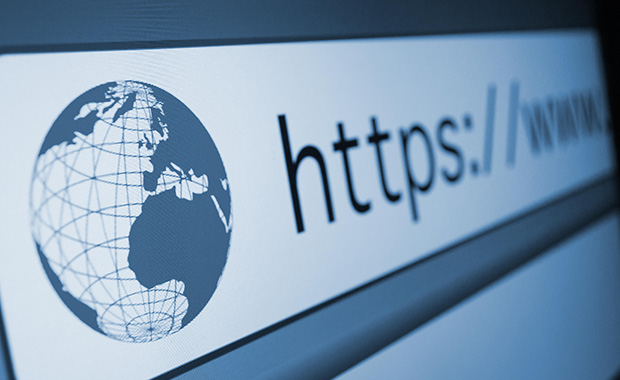DeGoogle your life and improve your privacy in 2025
As cybercrime becomes more prevalent, everyone is concerned about their online privacy. The internet can be a scary place, to say the least, and no matter how much we learn about all the phishing scams we might encounter, sometimes it’s just not enough to keep us safe. But what if we told you there’s one everyday tool that poses a serious risk to your data security
more
84 people found this article helpful.
How to wipe a hard drive so your data is truly erased
You’ve just purchased a shiny new laptop, and now you’d like to donate your old computer, give it to a family member, or recycle the hardware. We applaud your sustainable choices! But wait – have you deleted all the data on your hard drive? Is it really, truly gone? Or can whoever gets your old device recover any of it?
more
104 people found this article helpful.
What is an SSL certificate?
SSL, TLS, https – it may seem like alphabet soup, but it actually has to do with the security of your data as you surf the web. Whether it’s your online banking credentials or the credit card information you enter on an online shopping site, SSL protocols keep sensitive data from falling into the wrong hands.
more
251 people found this article helpful.
What is a VPN, what does it do, and why might I need one?
Looking for a way to boost your security when using public Wi-Fi? Tired of being tracked when surfing the web? Want a way around geographical restrictions on internet content? There is one tool designed to answer all these problems: a VPN. So, should you consider using one?
more
224 people found this article helpful.
What are cookies on a website and how are they used?
Unfortunately, website cookies are not a yummy treat – although the fact that they only exist in the virtual world means that at least they don’t contain calories! When the pair of shoes you were admiring weeks ago suddenly appears in ads on every website you visit or online shopping sites know your name, website cookies are behind it.
more
2,037 people found this article helpful.
What is cyberstalking? Definition and prevention
Complete strangers can see when you’ve liked a photo, commented, and a lot of other actions. Unfortunately, there are people out there that will stalk others in-person and online. Most of us use social media nowadays to keep in touch with friends and family, but there is also the risk of being stalked online.
more
210 people found this article helpful.
How to choose the best password manager for you
Why use a password manager? It can be hard to come up with and remember unique and secure passwords for all the websites we use nowadays. But as soon as we get lazy – using the same password on multiple sites or a weak password like Password123 – we leave our data vulnerable to hackers and other cyber criminals. One solution is to use a password manager.
more
271 people found this article helpful.
Secure Wi-Fi router: 8 ways to keep your home network safe
Nowadays most of us use Wi-Fi at home to connect all our personal devices – computer, smartphone, smart TV, etc. – to the internet. In addition to the convenience of checking social media from our comfy beds, however, we use our home networks for more sensitive purposes like online banking and remote work. So, it’s not just important to protect our accounts and devices from hackers, but the Wi-Fi router as well.
more
231 people found this article helpful.
What is catfishing online & how to catch it
Online dating is the new norm for many people because it’s easy to match with people at your fingertips. Can you ever really know who you’re talking to online? Even if you haven’t seen the documentary or the popular TV show, catfishing happens more often than you might think.
more
218 people found this article helpful.
Doxing: When your personal data is published online
In a world where a lot of our lives take place online, it can be hard to keep personal information private. This is made painfully clear by the practice of “doxing” – maliciously publishing someone’s personal data online.
more
226 people found this article helpful.










